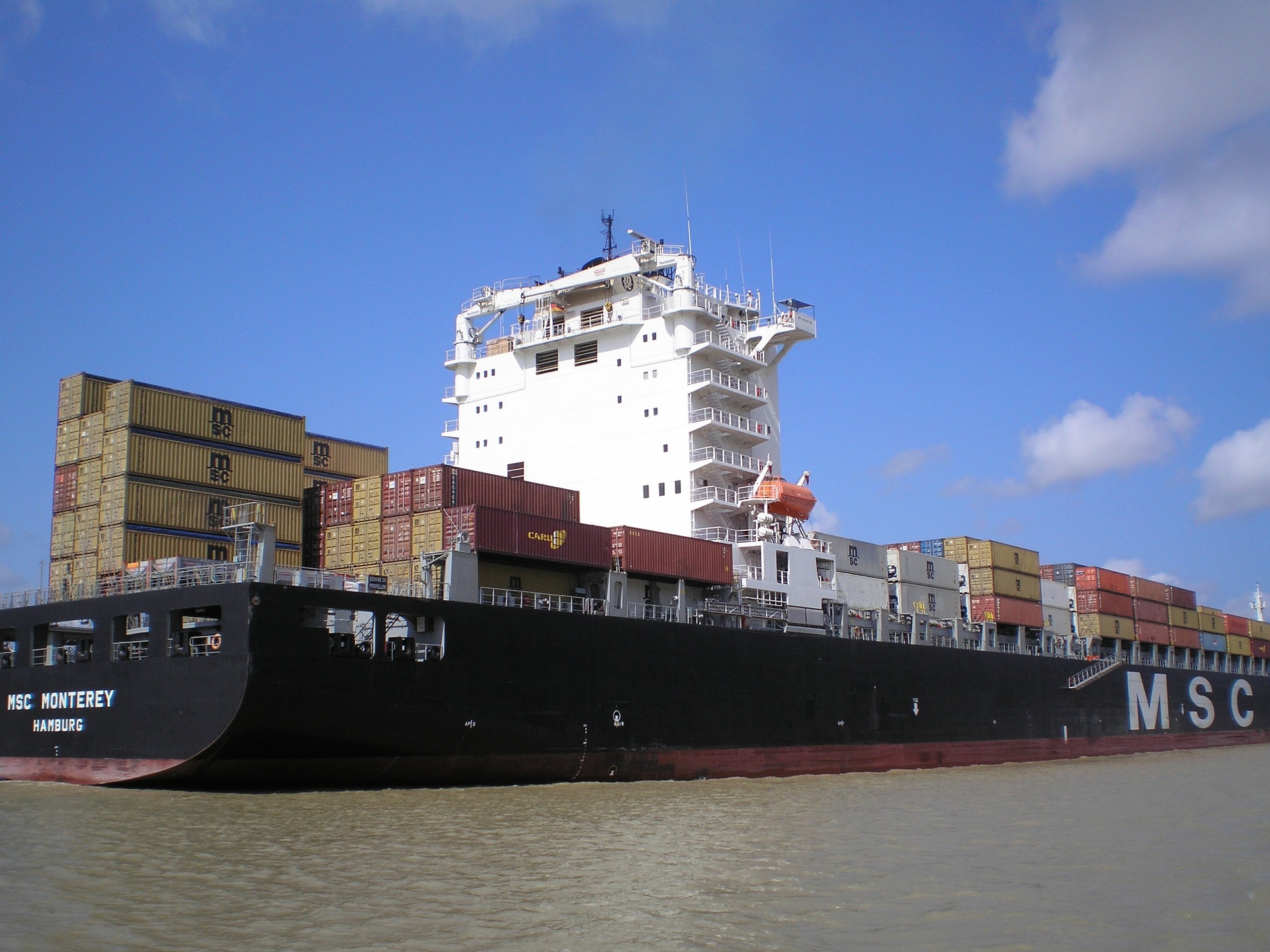How Trump's Re-Election Could Impact Taxes, Tariffs, and Retirement Policy for Public Pensions and Retirees
Donald Trump's re-election to the U.S. presidency and the Republican Congressional wins have introduced a wave of uncertainty and opportunity for leaders of public employee pension systems. With significant changes likely on the horizon for tax policies, trade tariffs, retirement benefits, and investment regulations, it's crucial for those managing the funds of active and retired annuitants to stay informed. This article unpacks how these potential policy shifts could impact public pensions and the broader retirement landscape, providing valuable insights for stakeholders navigating this evolving environment.





